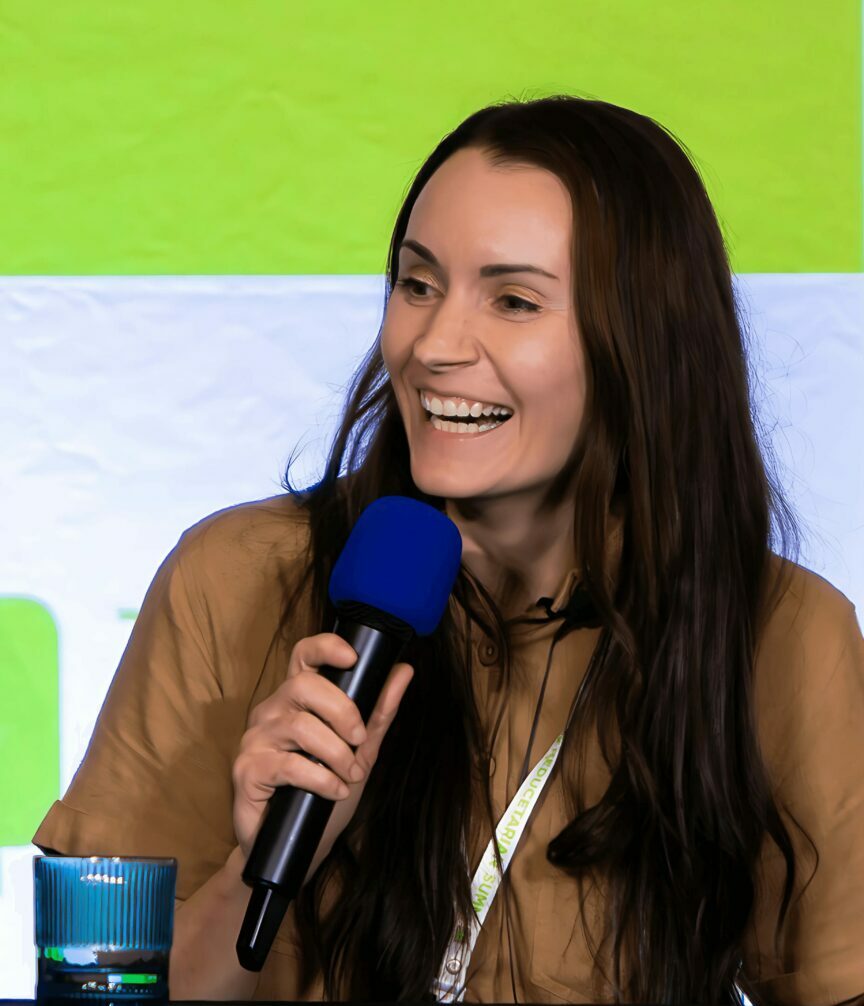We were lucky to catch up with Audrey Lawson-sanchez recently and have shared our conversation below.
Audrey, so great to be with you and I think a lot of folks are going to benefit from hearing your story and lessons and wisdom. Imposter Syndrome is something that we know how words to describe, but it’s something that has held people back forever and so we’re really interested to hear about your story and how you overcame imposter syndrome.
For me, overcoming imposter syndrome has been about shifting from a scarcity mindset to one of abundance. I recognize that real structural barriers exist—especially for women—but imposter syndrome is a unique kind of scarcity. It tricks us into believing that only a select few deserve a seat at the table, that there’s a limited number of opportunities, and that if we don’t fit a certain mold, we aren’t qualified. That kind of thinking doesn’t just hold us back—it holds back the work we care about.
Instead of accepting those limits, I’ve worked to imagine a bigger table—one that benefits from more perspectives, new approaches, and a broader range of experiences. When I made this shift, I realized that others doing similar work, or even doing it better, isn’t a threat—it’s a gift. I work in social change, and my ultimate goal is to see the best, most impactful work happen as quickly as possible. If I truly believe in that, then it’s counterproductive to doubt my own contributions or to think I need to be the best or only one doing this work.
Imposter syndrome doesn’t just limit individuals—it creates a cycle where we unintentionally reinforce doubt in others. If we believe the space is too small, we risk making it smaller for those coming after us. Instead, I choose abundance. I choose to believe that success is not a zero-sum game, that more voices make the work stronger, and that I belong—not because I’m the best, but because I’m here, I’m contributing, and I add value.
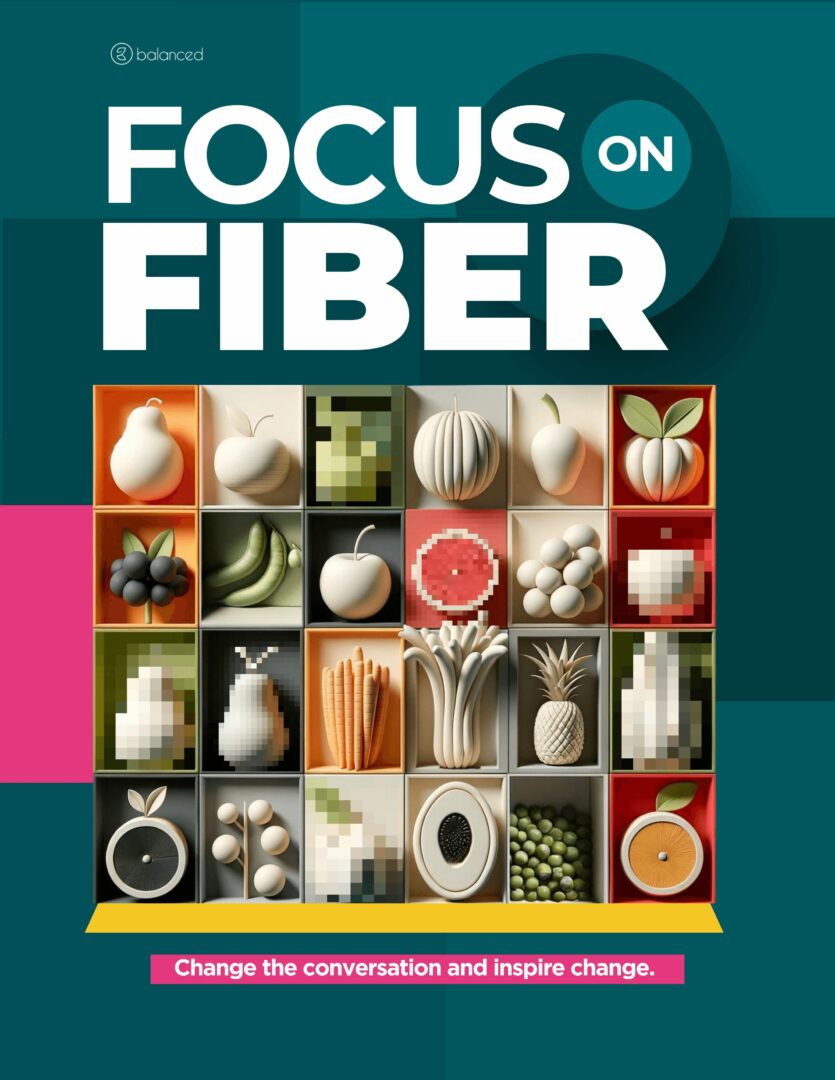
Thanks for sharing that. So, before we get any further into our conversation, can you tell our readers a bit about yourself and what you’re working on?
I’m the Executive Director of Balanced, a nonprofit dedicated to improving public health by increasing access to nutrient-dense, fiber-rich meals, particularly in institutional settings like schools. We believe food environments shape health outcomes, and we partner with frontline food service teams, advocates, and policymakers to make nutritious, sustainable meals the default—not the exception.
What excites me most about our work is its systems-level impact. We’re not just improving individual meals; we’re reshaping how institutions think about food. One of our major initiatives for 2025 is expanding food service pilot programs and scaling peer-to-peer training models, empowering food service professionals to mentor and support each other in making plant-forward, nutrient-dense meals more accessible.
Over the past year, we’ve also worked to expand our Focus on Fiber Campaign, which highlights fiber’s essential role in public health and pushes for its inclusion in USDA School Nutrition Standards. Through our “25 grams of fiber in 2025” initiative, we aim to transform how people think about fiber—no small feat given its historic reputation as something only associated with digestive health. We’re providing practical, approachable resources to help institutions and individuals increase fiber intake while spotlighting its benefits for everything from gut health to mental well-being.
At its core, Balanced is about collaboration. We know real change happens faster and reaches further when more people are engaged. Whether it’s food service teams, advocates, or individuals passionate about public health, we’re building a movement that ensures impactful, lasting change—while making sure diverse voices and needs are heard along the way.
For anyone passionate about food, health, and sustainability, now is the time to get involved. We’re expanding partnerships, growing our advocacy base, and working to make plant-rich meals the new norm. Let’s build a healthier future—together.
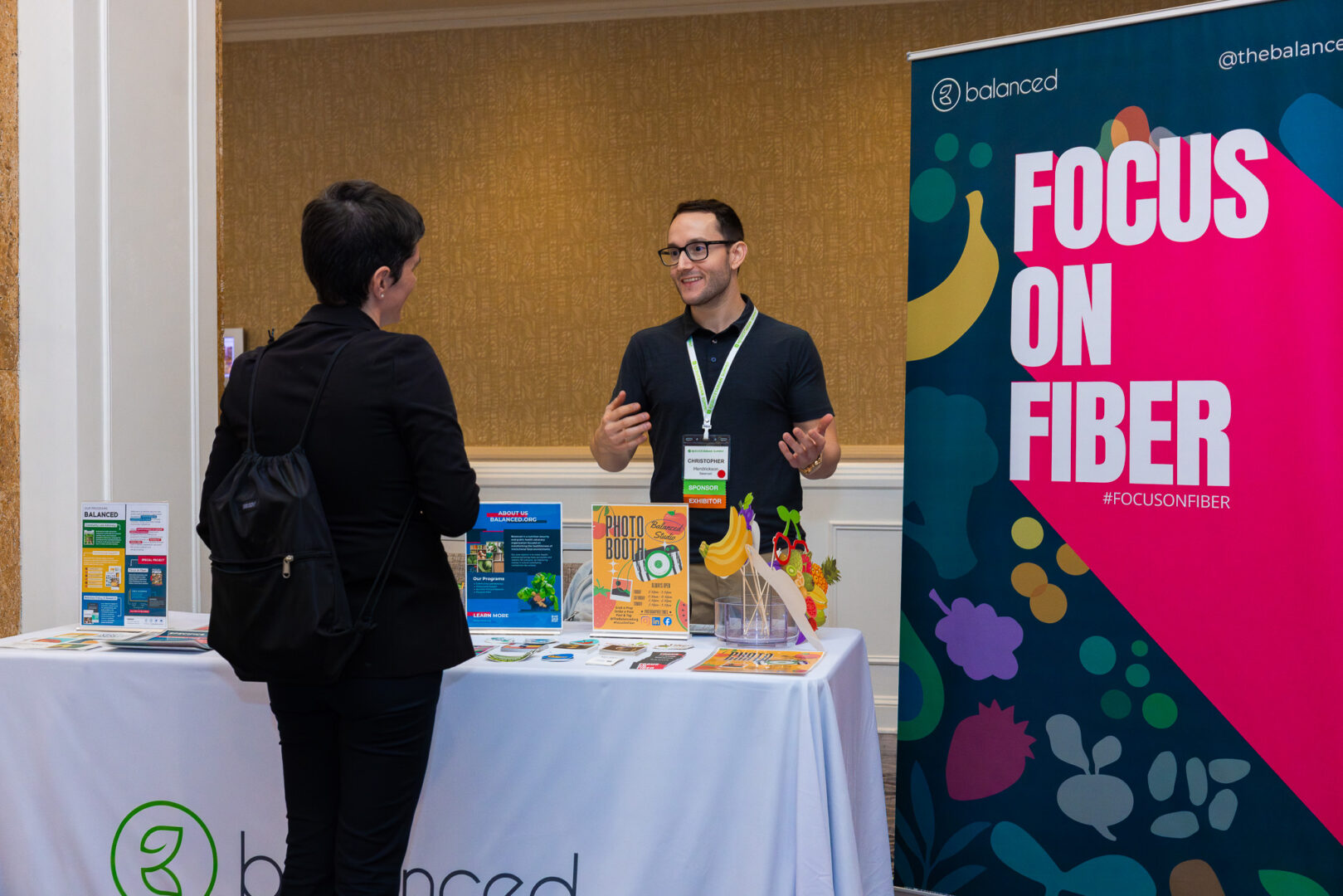
Looking back, what do you think were the three qualities, skills, or areas of knowledge that were most impactful in your journey? What advice do you have for folks who are early in their journey in terms of how they can best develop or improve on these?
Looking back, three qualities have been most impactful in my journey: understanding my strengths, aligning my work with what I care about, and recognizing where I’m needed most. I believe finding your path isn’t just about “passion” or talent alone, but it’s also about identifying the intersection of what you’re good at, what problem you want to solve, and where you can make the greatest impact.
For me, that has meant focusing on organizational leadership. Every member of my team is better at their specific roles than I could ever be. They’re the content experts, the specialists, the ones best qualified to do the work. My role as a leader isn’t to be the most knowledgeable on every subject. My role is to ensure the team has the resources, support, and organizational culture needed to succeed. I see my purpose as removing barriers, fostering alignment across our programs, and making sure the really hard work we do is sustainable in the long run.
For those early in their journey, I’d encourage you to explore where these three elements – your strengths, your passion or cause, and the need – intersect for you. Ask yourself: What do I naturally excel at? What issue energizes me? Where can I add unique value? The goal isn’t to be the best at everything, but to find the role where you can enable and amplify impact. That’s where real fulfillment and lasting change happens.
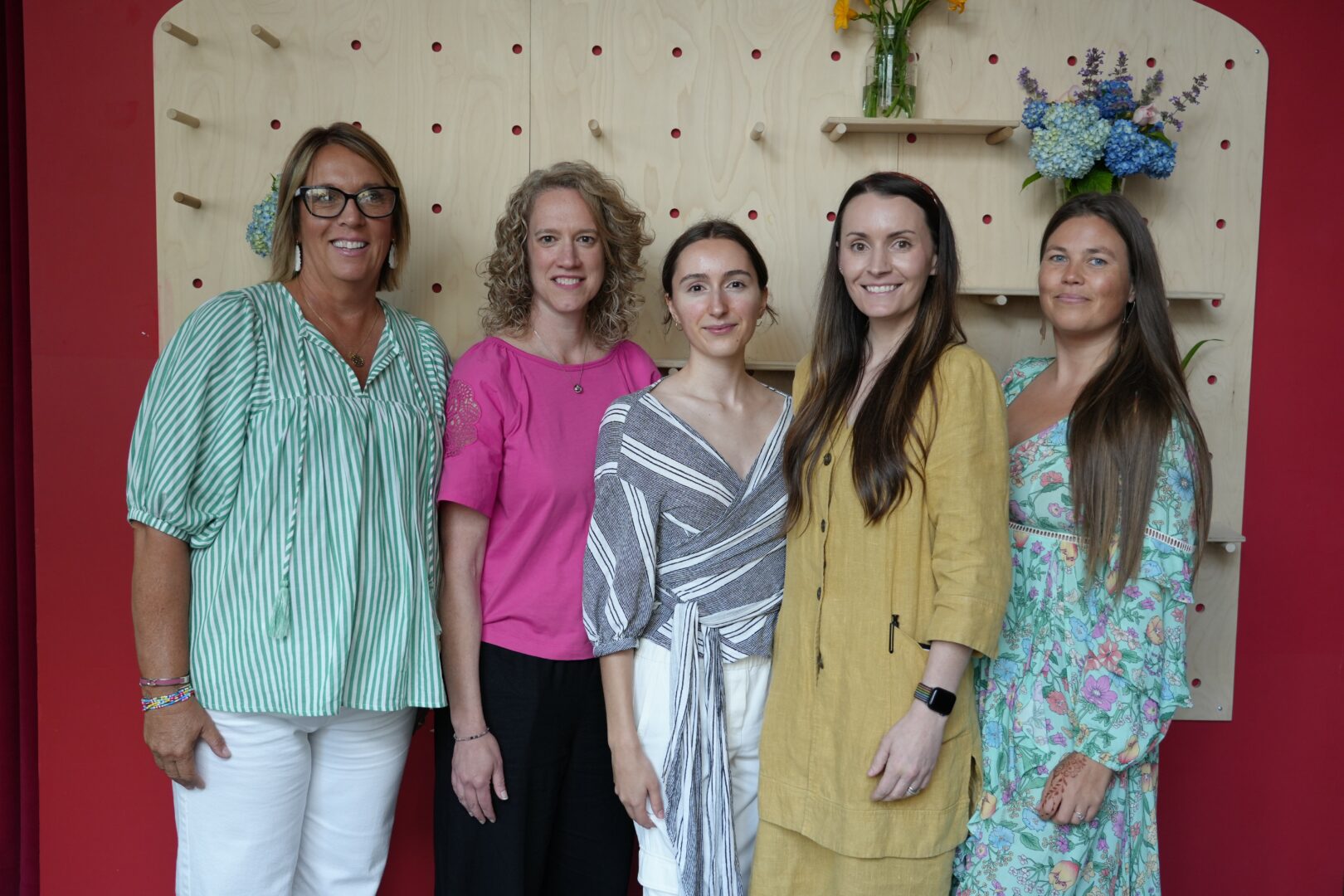
Thanks so much for sharing all these insights with us today. Before we go, is there a book that’s played in important role in your development?
One of the most impactful books in my development has been Daring Greatly by Brené Brown. At its core, the book is about vulnerability, not as a weakness, but as a necessity for meaningful work, leadership, and resilience.
Anyone committed to hard work, whether in social change, business, or any mission-driven space, is taking a risk. Acknowledging that risk, and the emotional weight that comes with it, is just as important as getting the strategy right. People doing the work are just that – people. And with very few exceptions, most of us are signing up for decades of difficult work. That means sustainability isn’t just about the work itself, it’s about the people doing it.
Brown writes, “Vulnerability is the birthplace of innovation, creativity, and change.” If we want big, bold solutions, we have to build environments where people feel safe enough to take risks, challenge norms, and push boundaries. That applies as much to social change as it does to business.
She also emphasizes, “We can’t give people what we don’t have.” If leaders want a workplace that is sustainable, resilient, and effective, they have to model those qualities first. That means making organizational culture a priority, not just because it’s the right thing to do, but because it’s practical. Burnout is expensive. Losing exceptional people slows progress. If we truly care about long-term impact, we have to put as much effort into building a strong, supportive culture as we do into making the right strategic decisions.
Daring Greatly reinforced for me that effective leadership isn’t just about driving outcomes – it’s about creating an environment where people can do their best work for the long haul.
Contact Info:
- Website: https://balanced.org
- Instagram: https://instagram.com/thebalancedorg
- Facebook: https://facebook.com/thebalancedorg
- Linkedin: https://www.linkedin.com/company/balanced-org/
- Youtube: https://www.youtube.com/@thebalancedorg
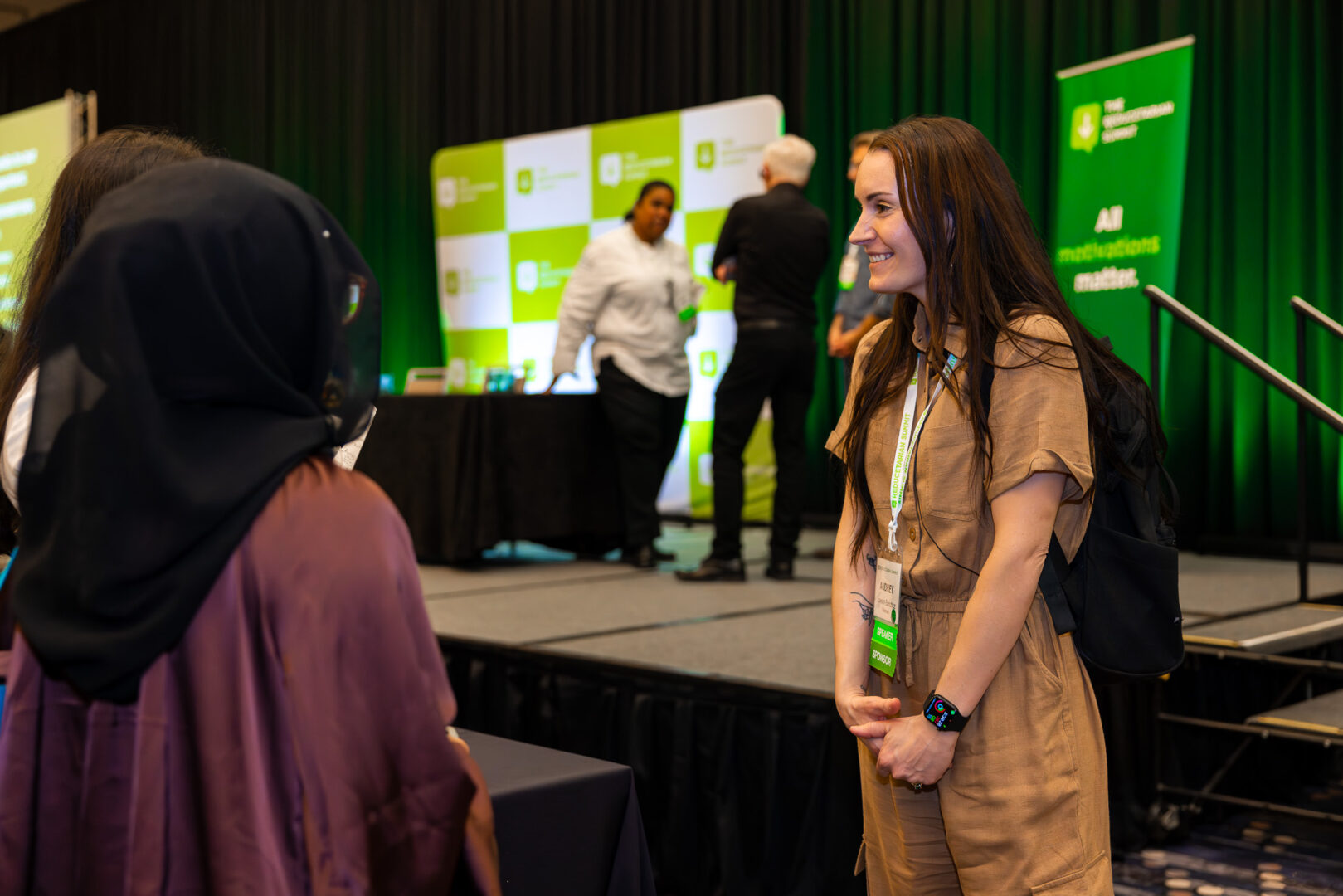
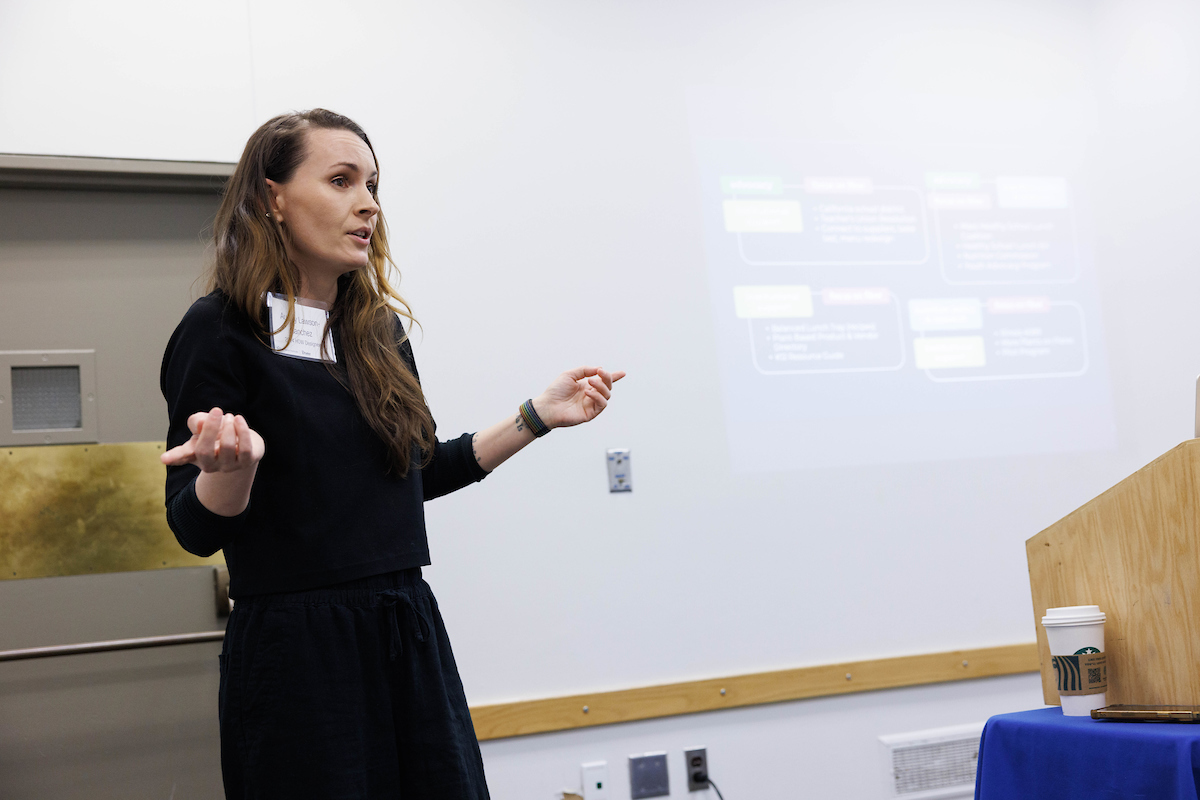
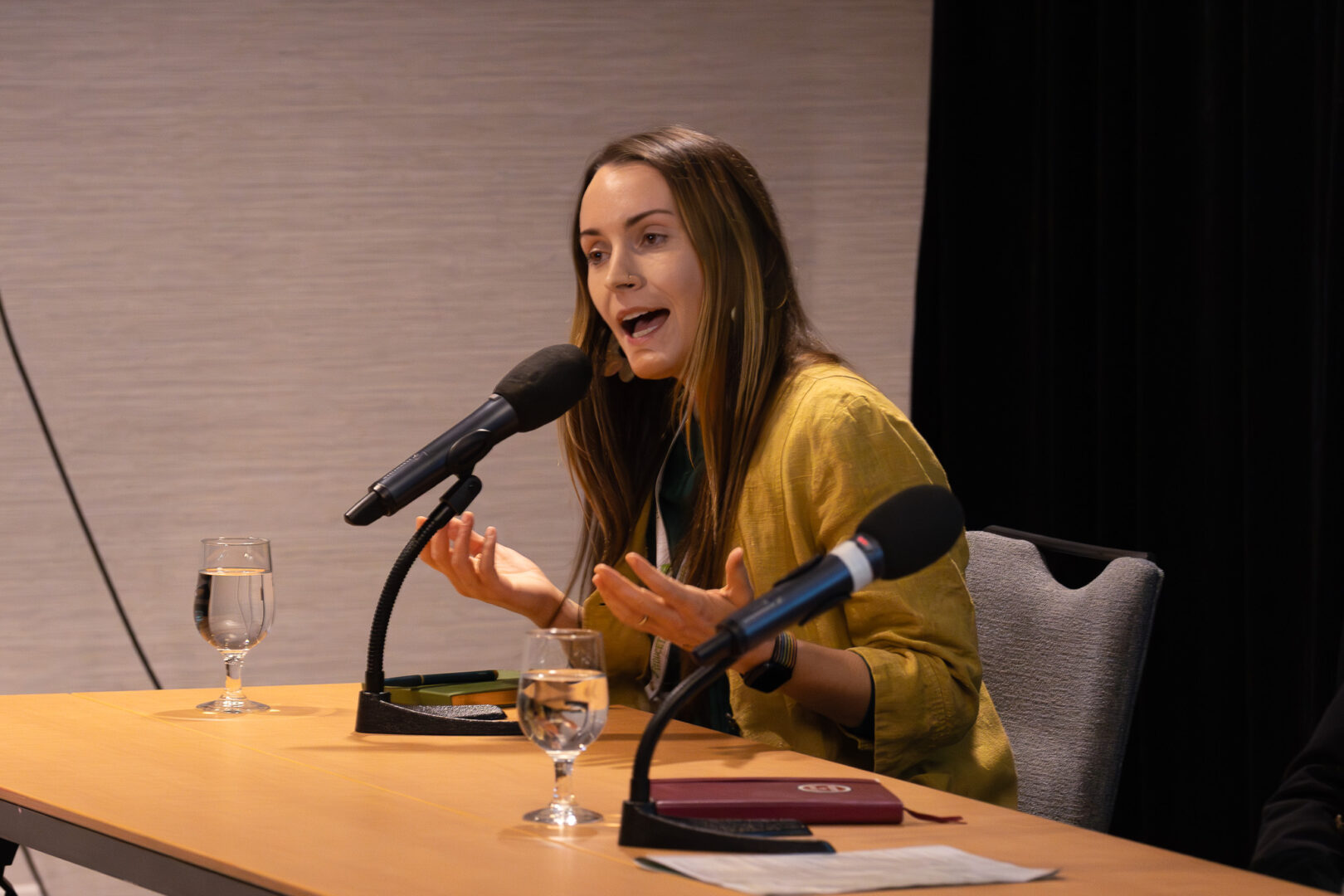

so if you or someone you know deserves recognition please let us know here.

